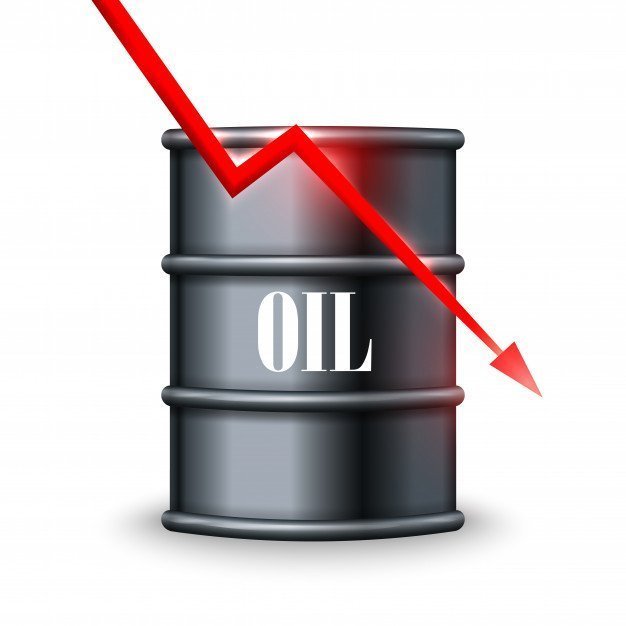Oil fell $10 a barrel on Friday, the biggest one-day drop since April 2020, as a new strain of the coronavirus spooked investors and raised concerns that oversupply could increase in the first quarter.
Oil tumbled with global equity markets on fears that the variant could dampen economic growth and fuel demand. The World Health Organization has designated the new variant, called Omicron, as “worrying”. The market is cautious that this variant may cause massive demand destruction and worst case scenario should be taken into account.
The United States, Canada, the United Kingdom, Guatemala and European countries are among those restricting travel from South Africa, where the variant was detected.
Brent crude fell $9.50, or 11.6%, to $72.72 a barrel, down more than 8% for the week.
West Texas Intermediate (WTI) crude was down $10.24, or 13.1%, to settle at $68.15 a barrel on Friday and fell more than 10.4% weekly in high volume trading after the US Thanksgiving holiday on Thursday.
Both contracts fell for fifth-week losses, the hardest in absolute terms since April 2020, when WTI turned negative for the first time amid the coronavirus-induced supply glut.
The news of the variant has previously caused conflicts between producer and consumer countries. The biggest fear is that it is resistant to vaccines.
Sources said on Friday that OPEC+ is monitoring developments on the variant, with some voicing concerns that it could worsen the oil market outlook less than a week before the policy meeting.
Scientists have so far identified relatively small numbers of Omicron variants, primarily in South Africa but also in Botswana, Hong Kong and Israel, but they are concerned about the large number of mutations that could make them vaccine resistant and more contagious.
Pharmaceutical manufacturers Pfizer and BioNTech say they can redesign their vaccines within 6 weeks if needed, and ship the first batches within 100 days.
South Africa’s foreign ministry said it would talk to the UK to get it to reconsider the travel ban. It is feared that this decision will hurt both the tourism sectors and businesses in both countries.
Oil prices had rose earlier in the week after the Organization of the Petroleum Exporting Countries and its allies (OPEC+) suggested it could cut production in response to a strategic supply from major consuming countries that are members of the International Energy Agency.
Forecasts cloud the outlook for the December 2 meeting, where the group will discuss whether to change its plan to increase production by 400,000 bpd in January and beyond.
OPEC’s initial assessment of coordinated stockpile release and the sudden emergence of a new strain of coronavirus raise serious concerns about economic growth and oil balance in the months ahead.

